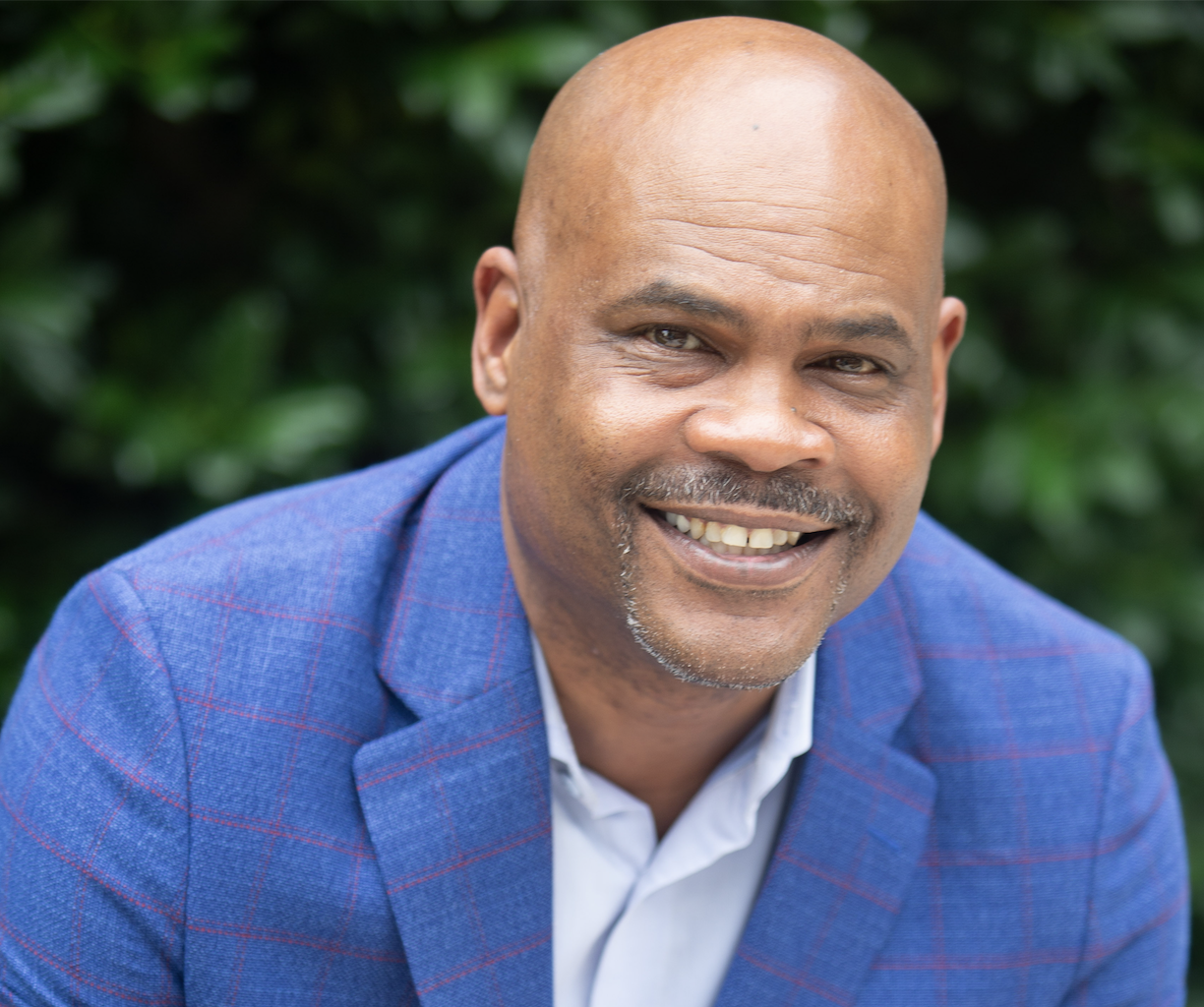My white friend’s note had a veneer of concern. “Just checking to see (if) you and family are safe.” the text began.
It then took a curious but familiar turn: “We can disagree and voice our concerns. We can perceive things differently and still be kind, respectful and polite. Violence and destruction just incite more violence and destruction. An eye for an eye and a tooth for a tooth only benefits Visine and Crest.”

The note ended this way, “I count on you Junius to lead as you are in the capacity to be an active initiator of change.”
This initially warm overture had incited a righteous response I immediately tried to smother as I responded squeezing my frustration into the most charitable response I could muster: “I also call on you to lead and fight against the systemic conditions that give rise to what we are witnessing in our country.”
I wanted to offer this cold, hard truth: “This is YOUR mess, not mine. Count on YOURSELF to lead in cleaning up your mess. Raise YOUR voice against this system that privileges you. Racism is not my doing. This is a message not only for my friend, but for all my Anglo brothers and sisters. Racism is not a ‘black problem.’”
Sound harsh?
Maybe. Equality can feel like oppression when all you’ve known is privilege, and white privilege in America has meant the luxury of remaining silent about racism as it literally destroyed black lives.
The government gets its power from the consent of the people. Anglo brothers and sisters must speak and declare to elected leaders: We no longer give you consent to kill Black people.
Declaring racism a black problem is like men declaring domestic violence a women’s issue and saying to women, “Why haven’t you stopped me from abusing you? When you come up with a solution, let me know.”
There’s a breathtaking—no pun intended with regard to George Floyd—lack of introspection on the part of white Americans about racism.
African people didn’t kidnap themselves and ship themselves to the Americas. They didn’t insist on wearing slavery’s chains and shame or create myths of their own inferiority to justify the slave trade. They didn’t design Jim Crow Segregation or its child, mass incarceration and impose it on themselves.
The people who’ve preached so fervently about personal responsibility need to heed their own advice and take some personal inventory. It’s likely that they’ve refused to plumb the question, “Whose problem is this anyway?” because they’d find themselves there at the end.
This is the acknowledgement African Americans have been waiting for, but most white Americans have been slow to not just relinquish their privilege, many still won’t acknowledge their privilege.
Stokely Carmichael, the fiery founder of the Student Nonviolent Coordinating Committee (SNCC), said it best: Civil rights laws were passed for white people, not for black people.
During a speech at the University of California at Berkeley in the fall of 1966, Carmichael said, “For example, I am black. I know that. I also know that while I am black, I am a human being. Therefore, I have the right to go into any public place. White people didn’t know that. Every time I tried to go into a place, they stopped me. So, some boys had to write a bill to tell that white man, ‘He’s a human being; don’t stop him,’ that bill was for that white man, not for me. I knew it all the time.”
The failure of a civil rights bill had nothing to do with Black Power or SNCC or the rebellions in the nation’s major cities, he said.
“It is the incapability of whites to deal with their own problems inside their own communities.”
Silence is privilege and in America, privilege is white.
We see this nightly on broadcast protest coverage regarding Mr. Floyd’s death. People are vocal about the vandalism but silent about the systemic violence that precipitated it. The officer nonchalantly choked Floyd under the knee so comfortably, that he had his hand dipped coolly in his pocket.
Multiple officers stood around silently and watched. They represent America’s silence, silence that maintains systemic injustice.
“Mr. Floyd’s death was a homicide by officers who taunted him while holding him down for more than eight minutes,” said Civil Rights Lawyer Benjamin Crump of Floyd’s death. “And the officer who stood by doing nothing was a physical blue shield—a living symbol of the code of silence.”
Silence is toxic to any relationship.
White silence is killing your black siblings in Christ.
I’m thinking that I should reach out to my friend who sent the note. I can’t stay silent about this any longer, neither should she, and neither should you.
Rev. Junius B. Dotson is the General Secretary (chief executive officer) of Discipleship Ministries, an international agency of The United Methodist Church.
For a growing list of resources for the spiritual work of overcoming racism, click here.